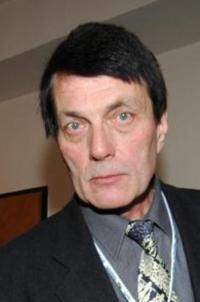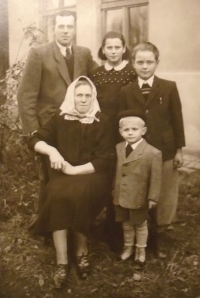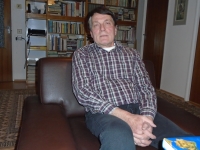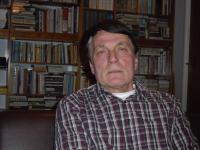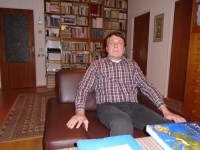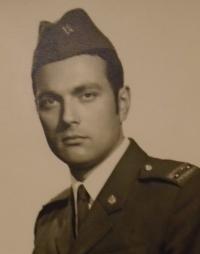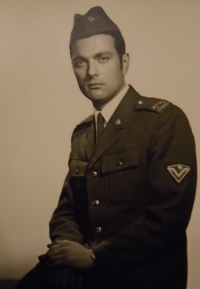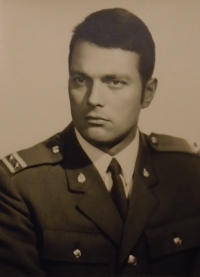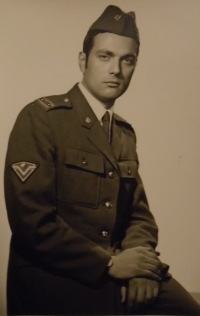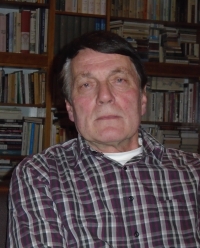Things have never been so good that they could not get better

Stáhnout obrázek
Vít Ryšánek was born on 25 March, 1942 in a small village of Grymov in Haná region. At the end of war he experienced the retreat of German troops and the arrival of the Red Army. Since 1953 Grymově has been collectivised. After studying the secondary school in Přerov he started the Faculty of Engineering ČVUT in Prague. Apart from rising student´s movement in 1960s he experienced in Prague also the August 21, 1968. At Palacký bridge he made an attempt to have a discussion with a soviet leader and participated in small events against occupants. At the end of 1968 he started the obligatory army service, where was accommodated with a party functionary, Miroslav Štěpán. On 28 March, 1969 he took part in celebrations of Czechoslovak hockey players‘ victory against the Soviet Union. At the Wenceslas square he observed destruction of the Soviet Aeroflot window screen. Consequently, he worker in ZPA Jinonice, in the National theatre, in the IT centre of Na Bulovce hospital and also as a director of OÚNZ. Himself he built a house in Prague 6-Břevnov, where he now lives (in 2016) together with his wife. Amongst his hobbies there are poetry and sayings, travelling in the river confluences and his collection of postcards featuring bridges is one of the biggest in our republic.
